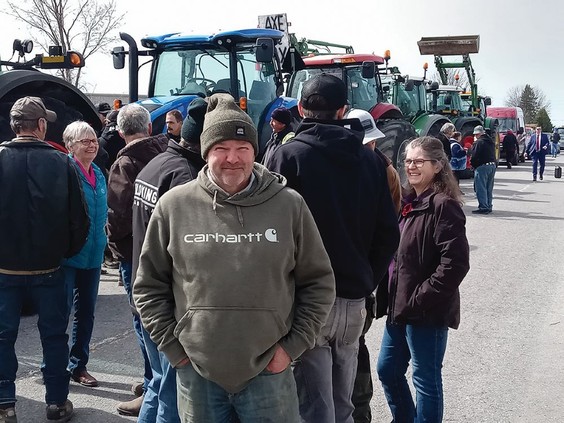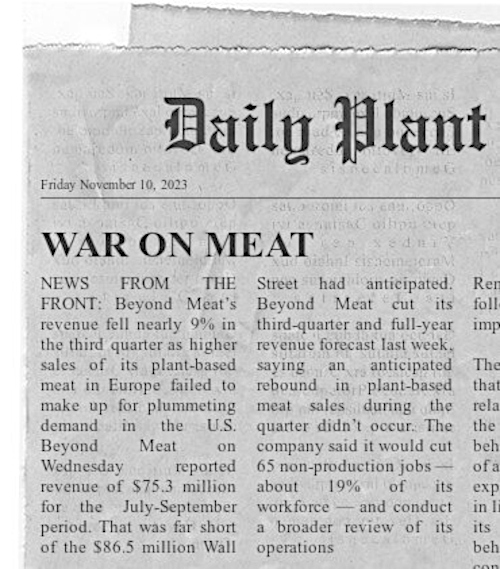Where the foxes caper unmolested, the government packs your school lunch… or not.
FARMING in England is facing a crisis as thousands of farmers have accepted government payments of up to £100,000 to leave their land. The Department for Environment Food and Rural Affairs (Defra) say that their ‘Lump Sum Exit Scheme’, launched in 2022 by Boris Johnson, aims to ‘support farmers in England who wish to leave the industry’.
It has been successful. Last month Defra told me they had received ‘just over 2,200 eligible applications’. Approved farmers who want to throw in the towel have until May 31 of this year to transfer their land, but there is no rule that says it must remain as farmland.
Contrary to a previous statement, Defra said: ‘The scheme itself doesn’t have any specific restrictions – however, we expect that most of the surrendered land will stay as agricultural land.’ Earlier they had said: ‘In return for signing up to the scheme, farmers need to either rent out or sell their land or surrender their tenancy in order to create opportunities for new entrants and farmers wishing to expand their businesses.’[…]
It comes from the Absolute Zero report produced by six of our universities, Cambridge, Oxford, Bath, Nottingham, Strathclyde and Imperial College, and funded by the Engineering and Physical Sciences Research Council (EPSRC), a government agency. The research programme goes under the name UK FIRES with the convoluted slogan Locating Resource Efficiency [RE] at the heart of the UK’s Future Industrial Strategy [FIS].
They suggest drastic measures. By 2029 (five years from now), they aim to reduce beef and lamb consumption by 50 per cent. By 2030, they recommend that fertilisers are phased out, by 2050 all beef and lamb production should end and energy used to cook and transport food should be reduced by 60 per cent.
Related.





